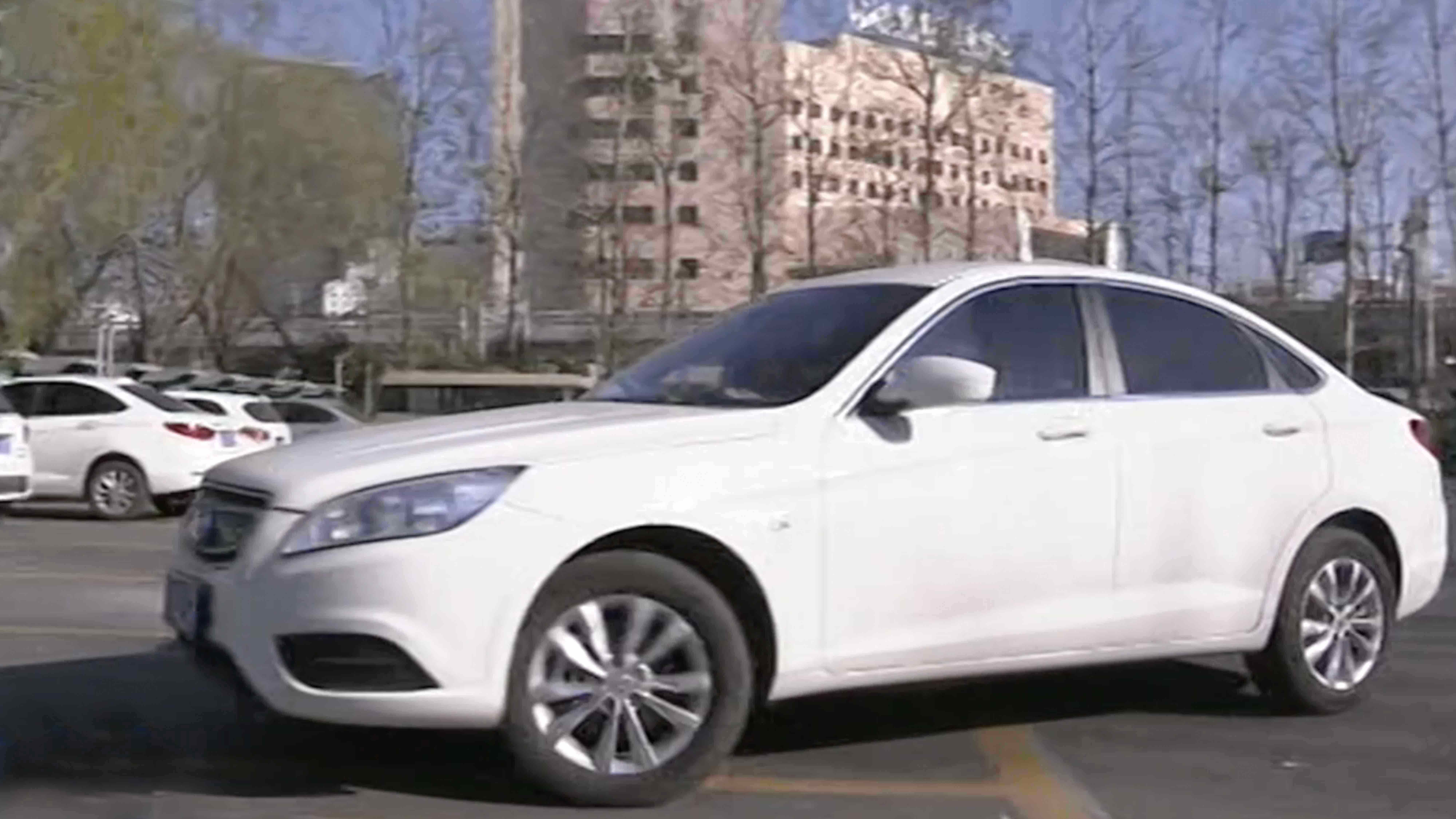
Car
23:13, 25-Nov-2017
China aims to build one charging point per EV by 2020
By Han Peng

One way China is trying to reduce its carbon footprint is by encouraging more drivers to switch to electric vehicles or EVs.
However, without an abundance of convenient charging facilities, there was a strong reluctance to make the change.
China has recognized this problem and is planning to install 4.5 million charging points around the country by 2020 – or one for every EV on the road.
'Almost everywhere'
In the past, Chinese EV drivers had to travel long distances to find a charging point, and wait in long lines for their turn. A full charge could take several hours, that's if you weren't left stranded before you got there.
"Now it's much better. You find a charging point almost everywhere in the city. And with mobile phone payment, you can charge your car in less than an hour." Xing Yuheng, a Beijing resident said.
Just two years ago, there was little appetite around the country for EVs. But today, there are more being sold around China than the rest of the world combined.
Official figures show the number of private EV owners in China exceeds a million, and is expected to surge to five million in three years.
But behind the fast rising number of car users, it's an even faster rise in the construction of charging network.
The power behind
We visited the world's largest public utility corporation, State Grid, and were presented with a digital map of Beijing, on which there were a whole screen of colorful dots.
Staff say each dot represents one charging facility with numerous points. In 2012, there were only four charging facilities in Beijing.
"Now EV users in Beijing no longer need to worry about charging." Shi Shuanglong, Director of Platform Construction and Maintenance Center of State Grid's EV Service, told CGTN,
These upgrades are not only taking place in cities, but also along lengthy highways.
"Now we can drive an electric car from Beijing all the way to Shanghai. We are also building a network along the Silk Road and, in the future, people will be able to drive an EV from the eastern coast to the western region of Xinjiang, and perhaps across the border into Central Asia." Shi said.
He credits the speedy turn-around to the state-owned enterprise.
"Building such a nationwide network, especially on the highways, takes massive investment, which does not see immediate profit," Shi explained to CGTN. "But we look at it from a strategic perspective. Only with enough charging stations can we really encourage people to choose electric vehicles over oil-fueled ones."
"And that is crucial for the country's battle to defend its blue skies," Shi added.
Blue sky at lower price
Authorities say vehicle emissions are the number one reason for Beijing's heavy smog problem.
But for car owners, while that's an issue, they're more concerned about their wallets. EV owner Xing said the cost of driving an EV is only one fifth of driving a petrol-fueled car.
By 2030, the Society of Auto Engineers of China expects that nearly half of the country's cars will be powered by electricity.

SITEMAP
Copyright © 2018 CGTN. Beijing ICP prepared NO.16065310-3
Copyright © 2018 CGTN. Beijing ICP prepared NO.16065310-3